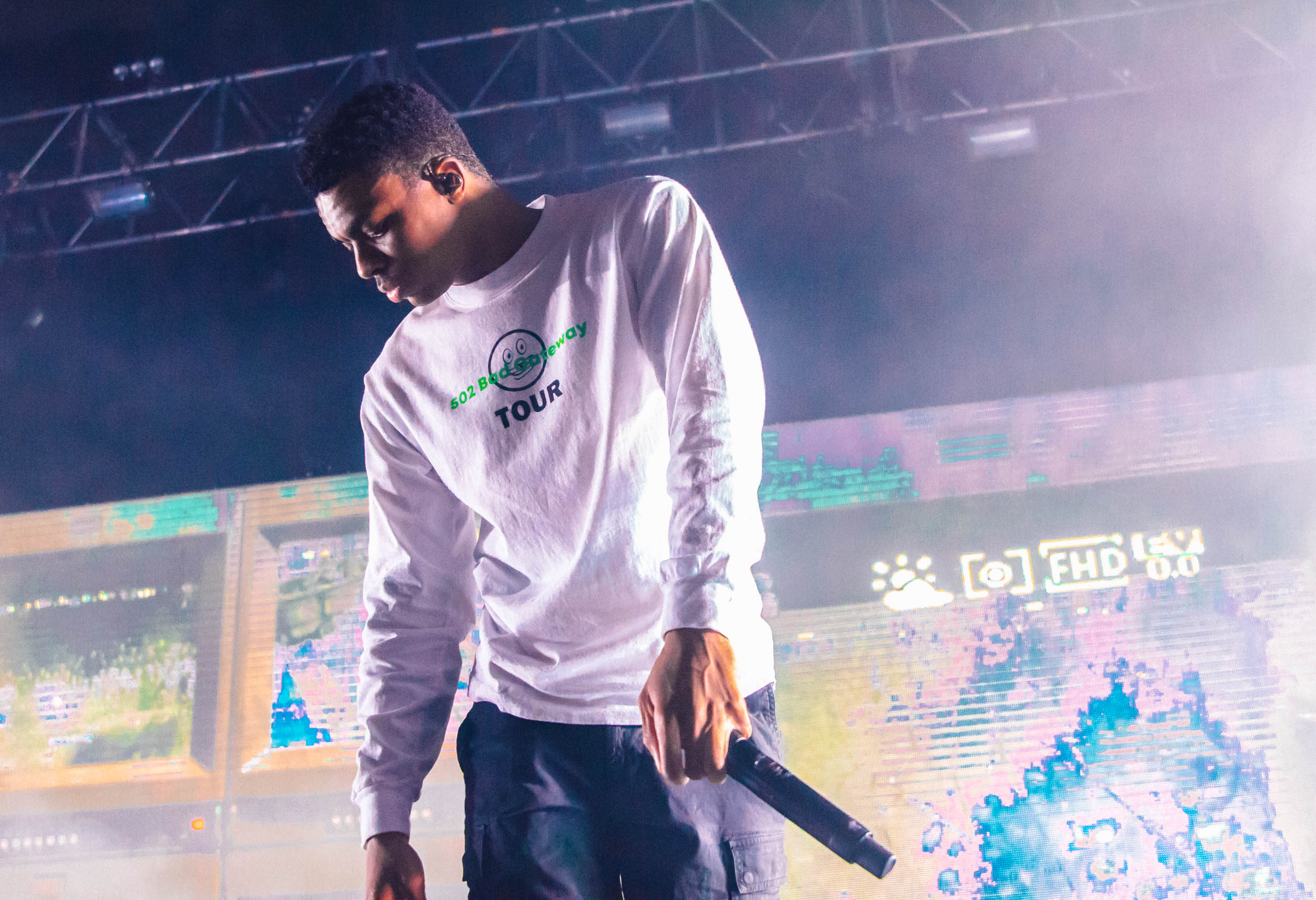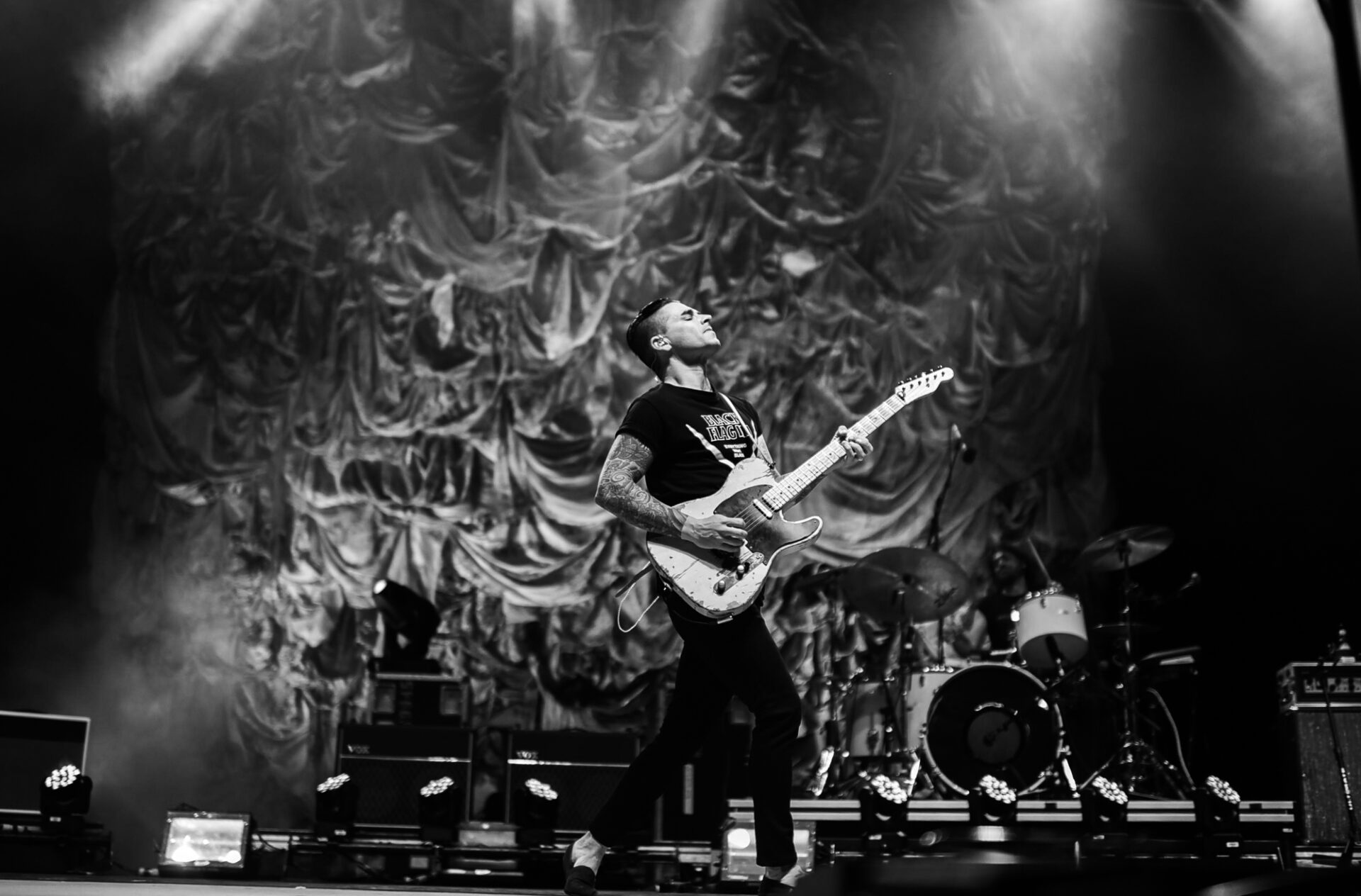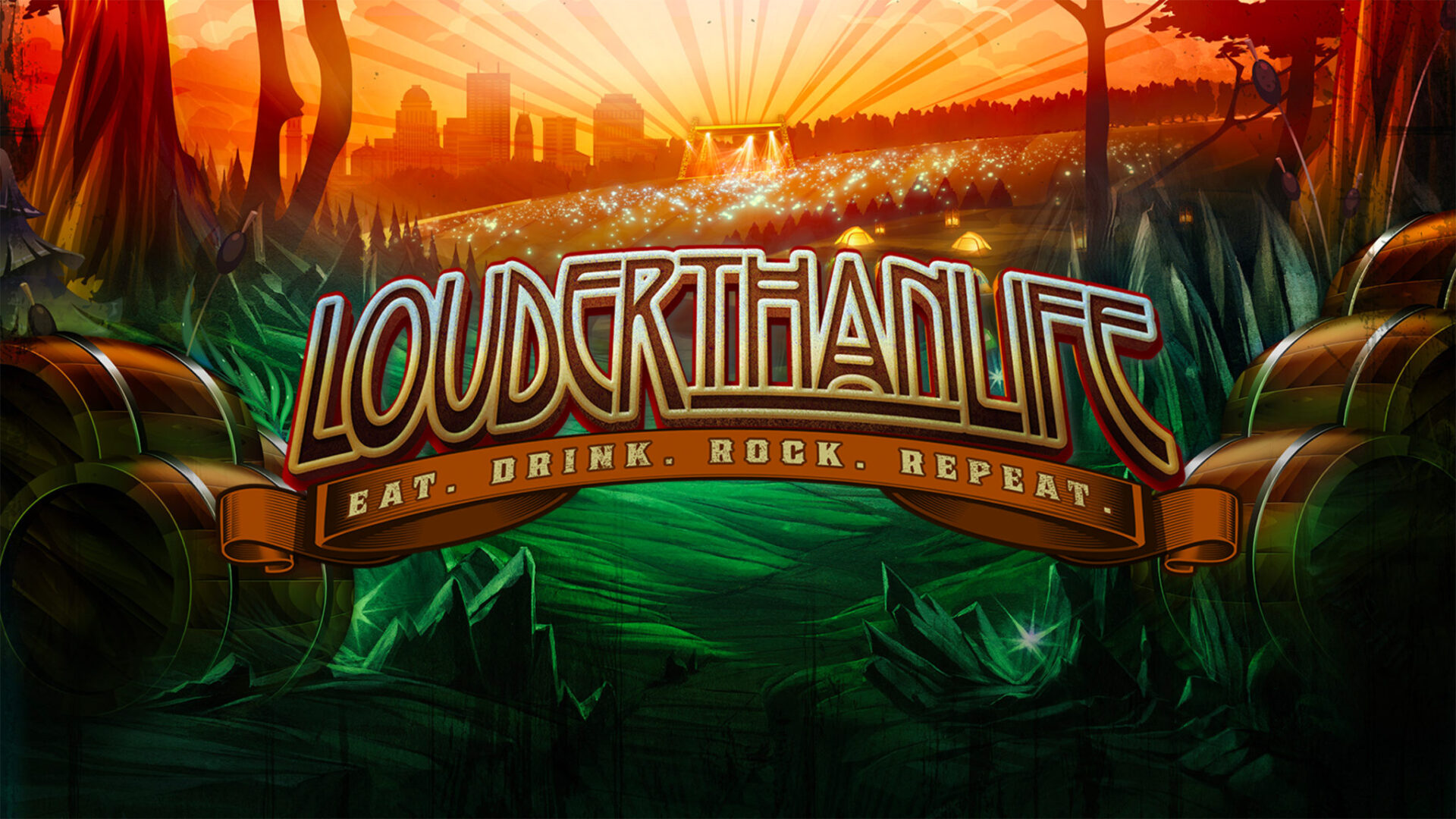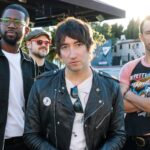“Here’s the thing with Drake. The verdict is really still out. They’re sharing the torch with your now. They’re not passing it. Kanye [West], Jay [Z], and [Lil] Wayne are by no means passing it. What are you going to do with it?” – Sway – ‘Better Than Good Enough (2010)
170 million records sold. Four Grammy awards. Tied with Madonna for the most top ten hits on the Billboard 100. Since the 2010 release of his debut album, Thank Me Later, Drake has become one of the biggest artists of all time. Meanwhile, he’s still constantly making amendments to the hall of fame boards he’s on with each new release. Before all these accolades, there was a 14-song body of work that further introduced the world to the emotionally open and musically versatile world of Drake.
The 2009 mix tape, So Far Gone was the promise. It was the Lebron James St. Vincent/St. Mary’s high school highlight tape. In music and sports, we always look for the next big thing. Who is going to step up to be the next legend? With songs like ‘Best I Ever Had’ and a versatile aesthetic all to his own, Drake put himself in a position to be the ‘number one draft’ pick. 2010 had come along and Thank Me Later would be Drake’s opening night game against the Sacramento Kings. With all this pressure, could he live up to the hype? Did he even want to? Would the bright lights claim another artist who got next?
Thank Me Later starts on an almost celebratory note. “Fireworks” ft. Alicia Keys starts with the keys of producer Noah ’40’ Shebib – a sound that would come synonymous with Drake songs for projects to come. The synths, the marching band cadence of the drums, and the sound of the fireworks in the background meet Drake at the precipice of one of the apexes of his life. Drake expounds upon family, love, and the apprehension of the sudden rash of fame and wedges it could drive. It’s as if he’s dipping his toe in the proverbial water of the career he couldn’t see.
“Karaoke,” produced by Francis and The Lights wastes no time re-introducing the audience to Drake’s two-pronged attack. His emotional openness with tracks like ‘Cece’s Interlude’ paired with his still developing singing voice would continue to let the audience in on love not realized. It’s that softer side that would loosen Drake from the box of just being a rapper. Songs like ‘Shut It Down’ and “Find Your Love’ were showing the world that he was striving to be a complete artist.
If there’s a theme that stands out within Thank Me Later is that Drake wanted to make music that catered to everybody. This album plays to Drake proving he can rap when it’s necessary. For the majority of it, many of the songs are laying the groundwork where you can hear influences from albums like 2008’s 808’s and Heartbreak. The Swizz Beatz/T.I. featured ‘Fancy’ and the Aaliyah sample on ‘Unforgettable’ was displaying Drake’s appreciation for women. It’s the duality of his sensitivity and his tact to also showcase the lyricism that has kept him in the upper echelon of artists for so long.
Amongst the introspection, the doubt, and the send-off into a new life as chronicled in ‘The Resistance,’ there’s the celebration. “Over,” the first single of the album finds Drake embracing his confidence of the high hats and 808’s of a Boi-1da and Al-Khaaliq co-production. “Oh, yea, that’s right. I’m doing me” is said as a reactionary snap back to reality where he finds himself getting lost in fame. “Show Me A Good Time” is him allowing himself to feel victory despite the trepidation of releasing his first album.
In the MTV documentary, ‘Better Than Good Enough,’ we follow a 23-year-old Drake under the pressure of one of the most anticipated debut albums of that time. What I noticed was this pressure of loss. Being under the clock to stamp a legacy. Drake discusses the fear of leaving this earth without making the impact that he wants to make. He also goes into possibly losing two of the people he cares for the most; his mother and his close friend/producer ’40.’ who battles MS.
These are all very real fears that any talented young person has. Even though you have your youth, you wonder if there’s enough time to accomplish everything you put on your bucket list. As you grow older, you start to see the realness of mortality. Then, your opponents are the clock and the calendar. I would imagine that the Drake now would go back and tell his younger self that it will all work out. To feel all the fear and set out what you want to accomplish anyway.
Within Thank Me Later, there is time to embrace the mentors. On ‘Light Up,’ the much-touted track with Jay-Z. Within the documentary, this is one of the last songs that Drake records, but one of the best in terms of lyricism for the album. Here, Drake ups his game and bravado matching the warnings from Jay-Z.
Drake, here’s how they gon’ come at you
With silly rap feuds, tryin’ to distract you
In disguise, in the form of a favor
The Barzini meeting, watch for the traitors, uhh
Up to this point, Drake meets fame with caution and glee. There’s a set of lyrics that stand out in ‘Up All Night’ that Drake says.
Fame is like a drug that I’ve taken too much of
But I never ever trip, just peace, happiness and love
In ‘Light Up,’ Jay-Z is immediately telling Drake that being in the spotlight will change you. It’s a fairy tale to think that it won’t. The higher you go, the more people will seek to knock you off that hill. “I once was cool as the Fonz was/But these bright lights turned me to a monster.”
We switch to “Miss Me” featuring another mentor, Lil Wayne. The up-tempo back-and-forth was a highlight on the album. This song was concurrent during a meteoric run for Wayne that was, unfortunately, was going to be paused for a bit. He would find himself on the receiving end of a prison sentence for criminal possession of a weapon. Young Money had a big three comprised of Wayne, Drake, and Nicki Minaj. With Wayne being away, the blue-chip recruits had to make names for themselves.
While he was relatively new to the game, he’s aware of his potential place within it. This is present within the last song, ‘Thank Me Now’ where he equates the moment of Allen Iverson crossing over Michael Jordan to his future. He may be happy to be in the same rooms with people he looks up to now, but rap is indicative of competition. To be the best, you have to go against those you looked up to.
Thank Me Later is a combination of the tornado of experiences that Drake was inside at that time. It’s a cross of reminiscing about the old days, understanding that you can’t go back to them, and trying to live in the moment. Drake himself thought that the album was rushed. The MTV documentary would give a nod to that sentiment. Mixing and mastering went down to the eleventh hour. Thank Me Later shows promise, but it’s Drake in the raw stages of carving out a place for himself. That would later get refined with his future albums, but the skeleton parts are present.
Some may remember the supposed free concert that was supposed to happen on release day in New York that got shut down. Drake, the showman spoke how he wanted that to be the kickoff moment that was never to be. The album went number one and sold over 455,000 copies. For as anticipated as it was, this is Drake finding his way. It may not be a perfect debut, but it was enjoyable and a huge moment in rap music.
The last question of the documentary to Drake and what would be a true stamp on what’s to come is “who are you and what do you do?” He replies with some pause in the middle, “I’m Aubrey Drake Graham and I make a living off truly being myself.”













